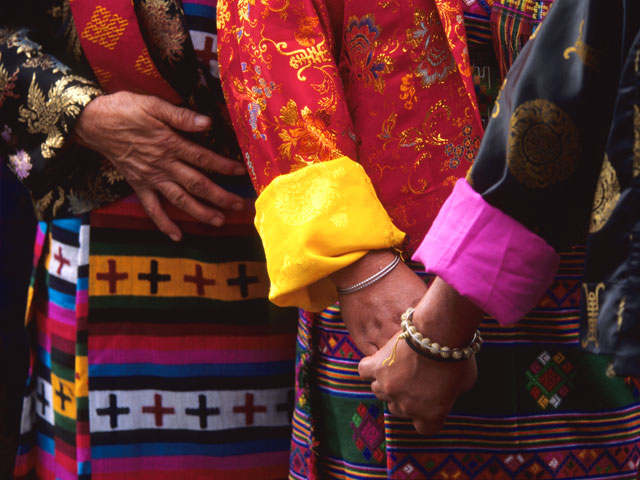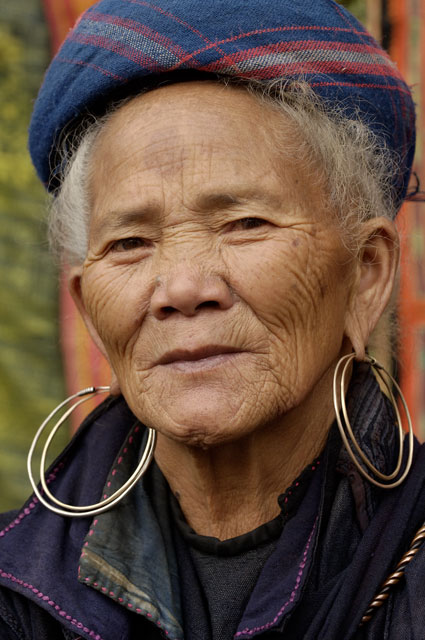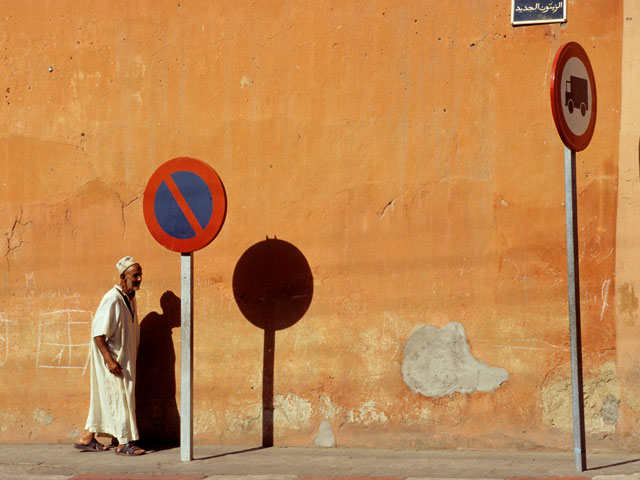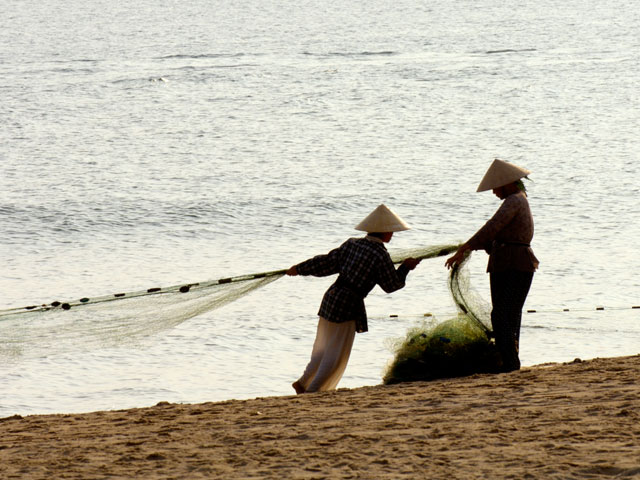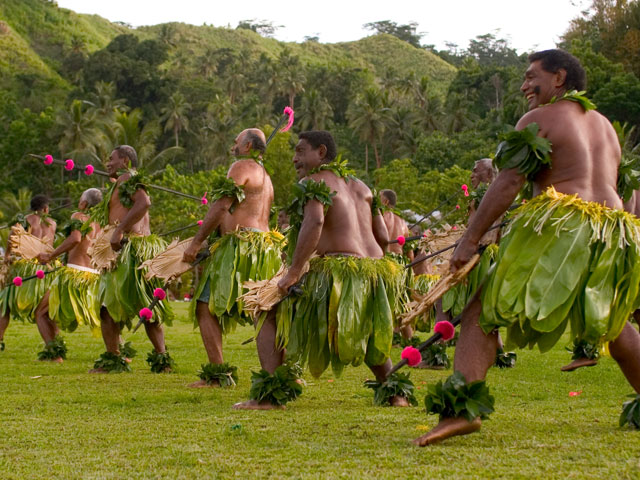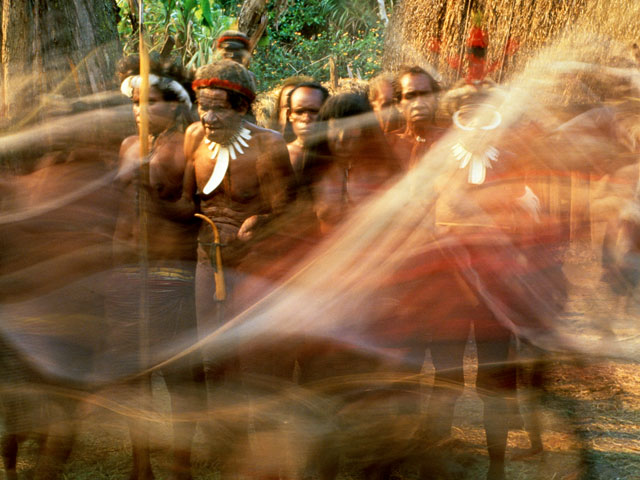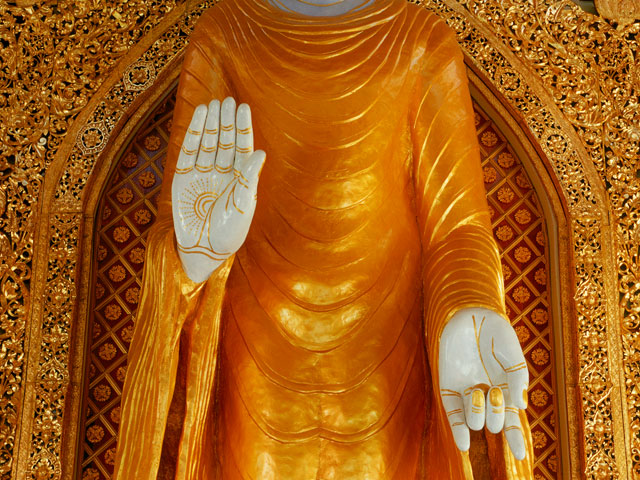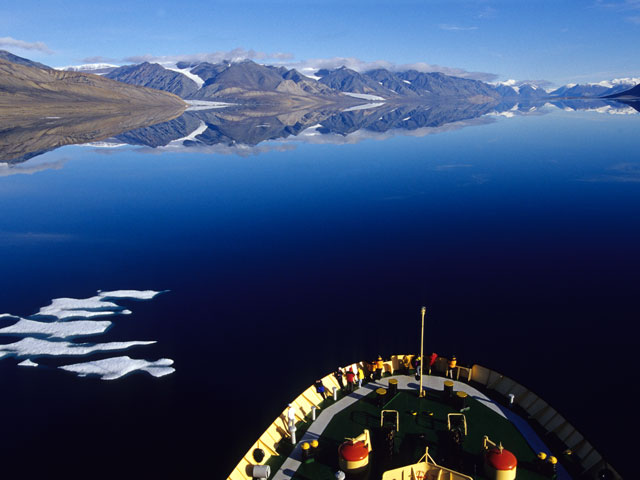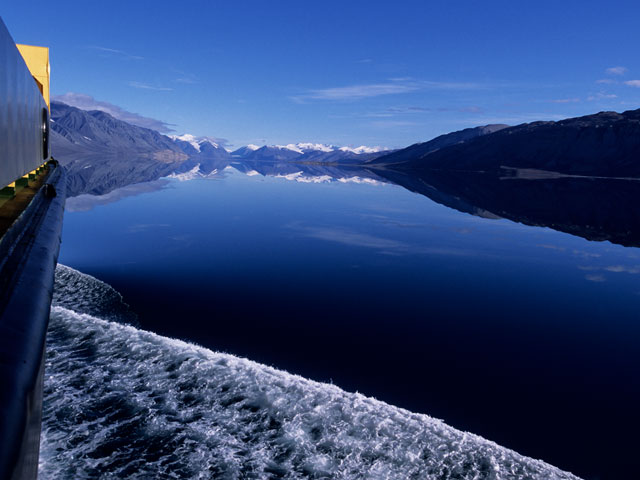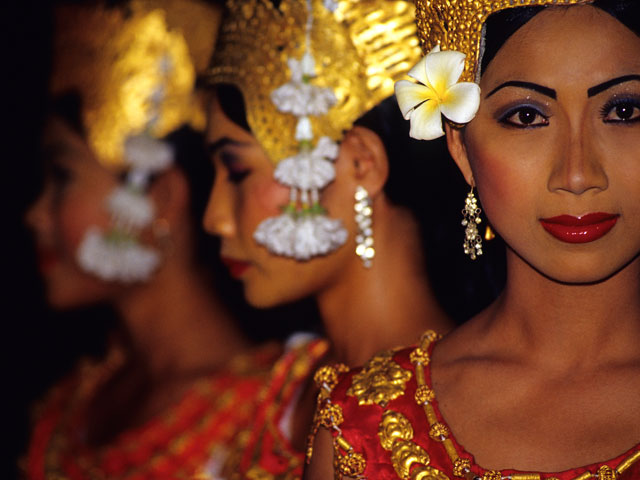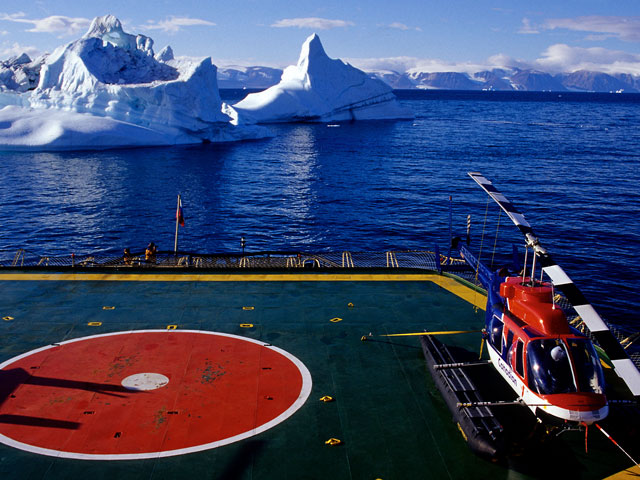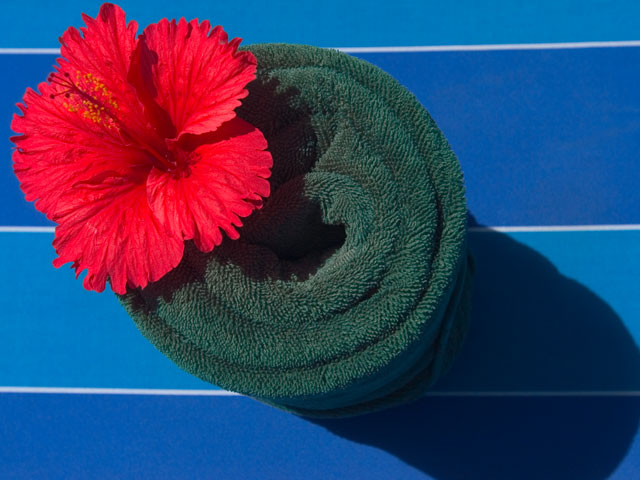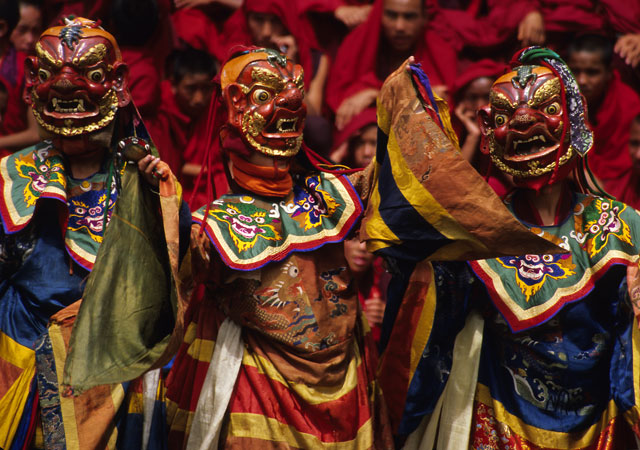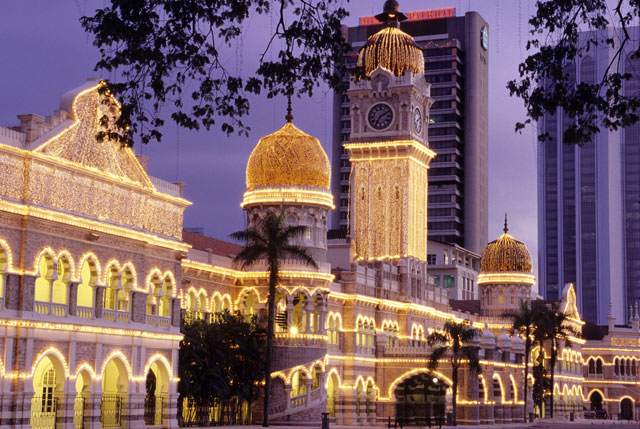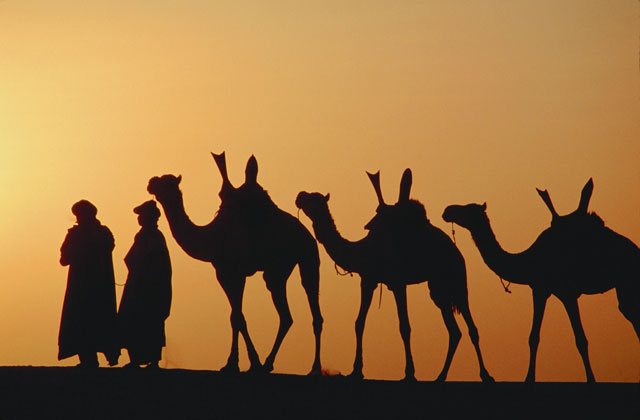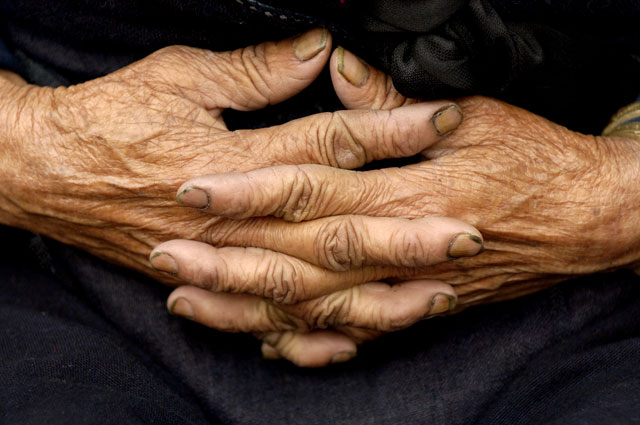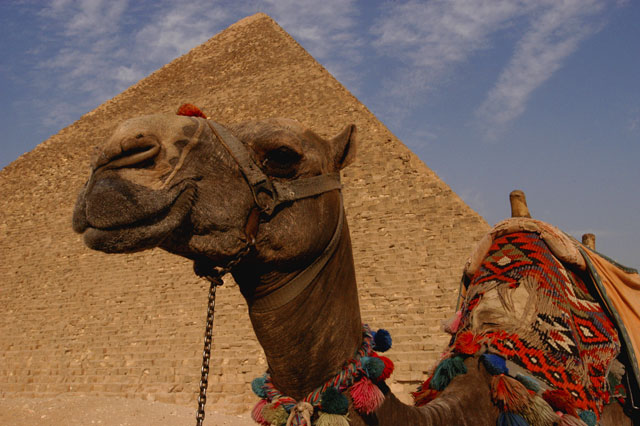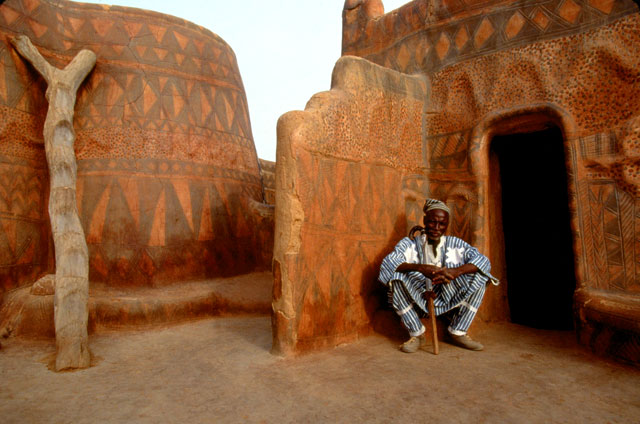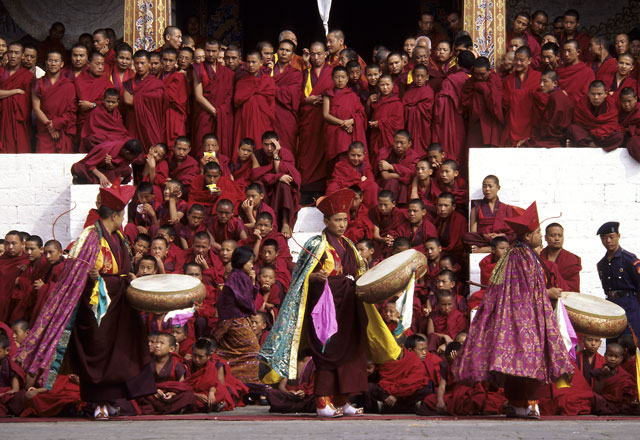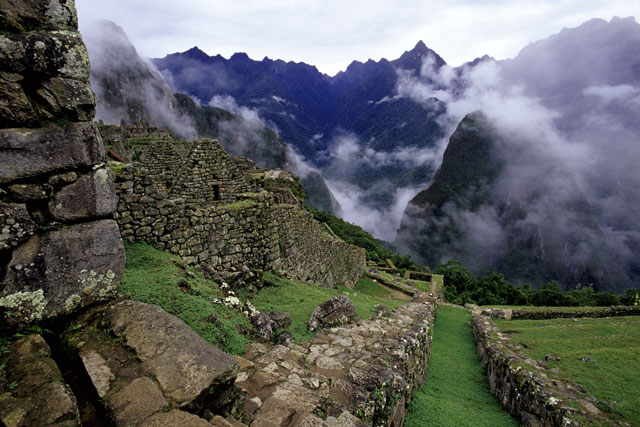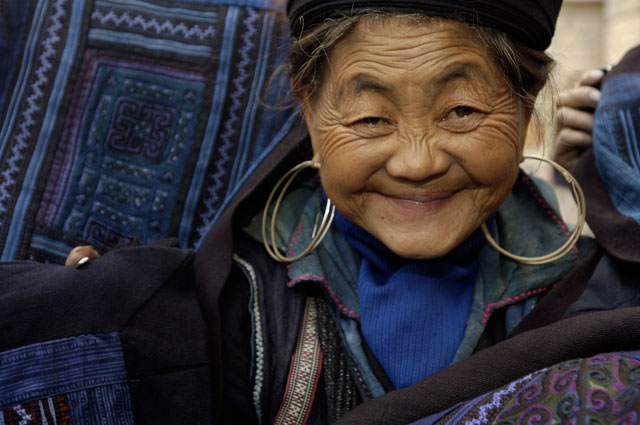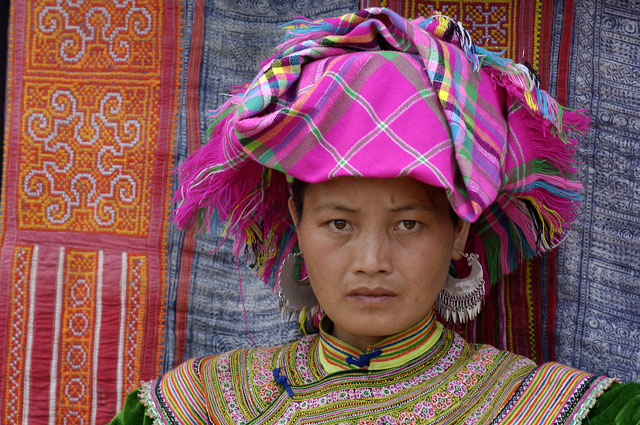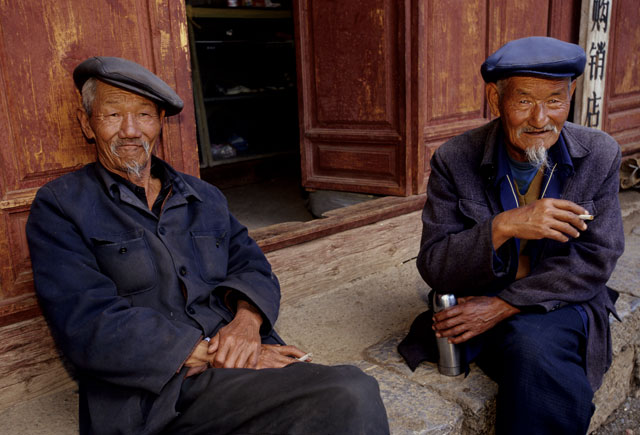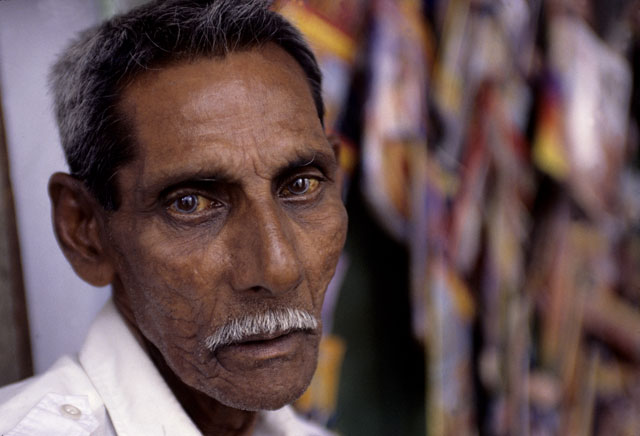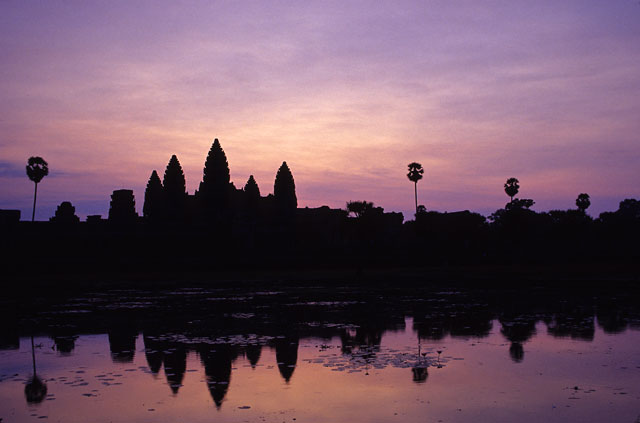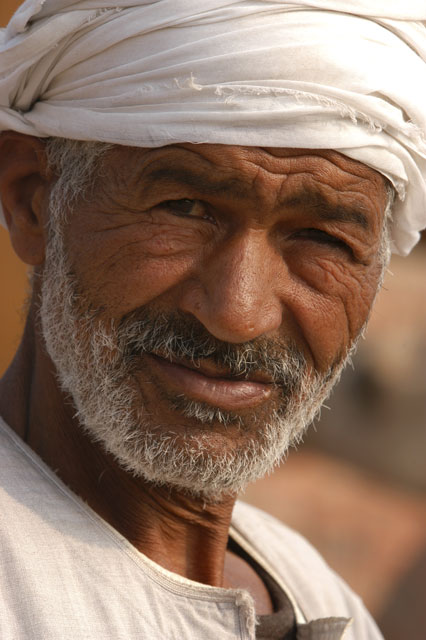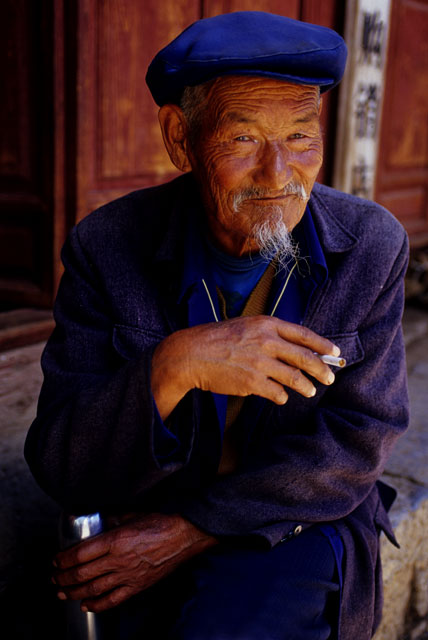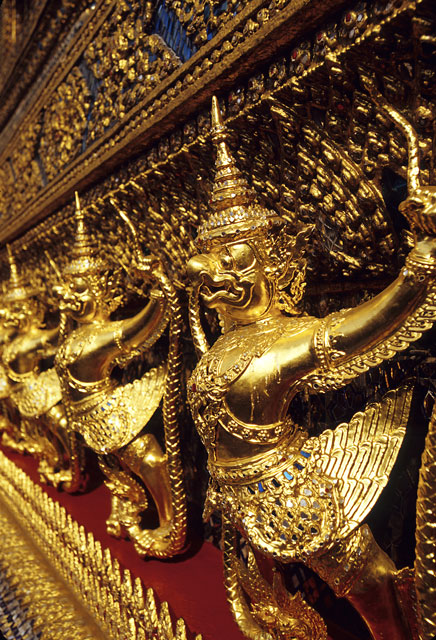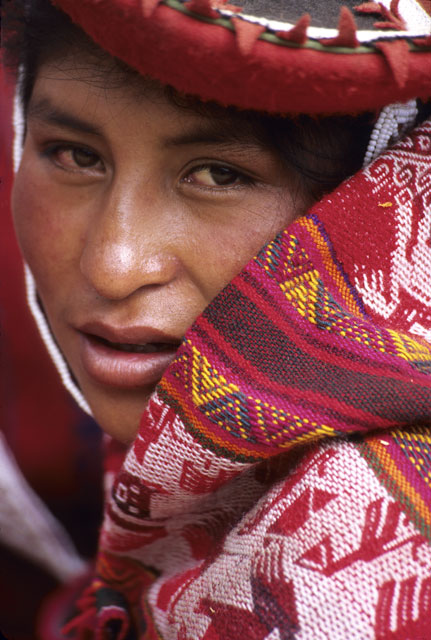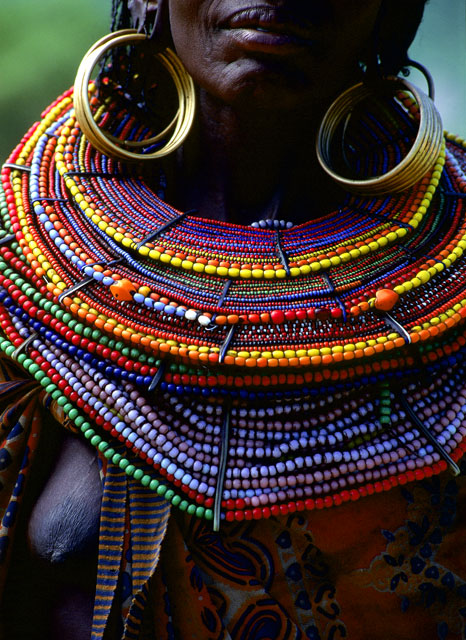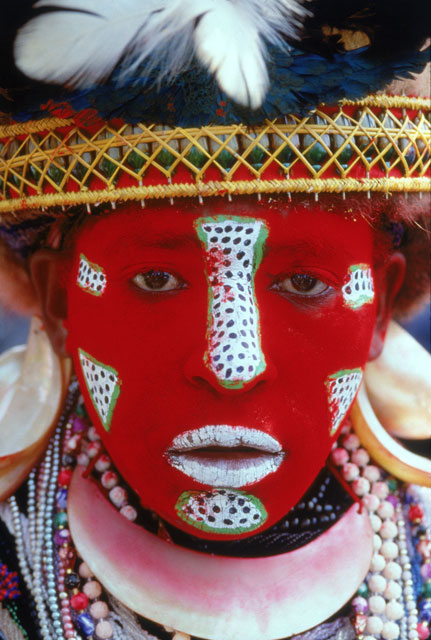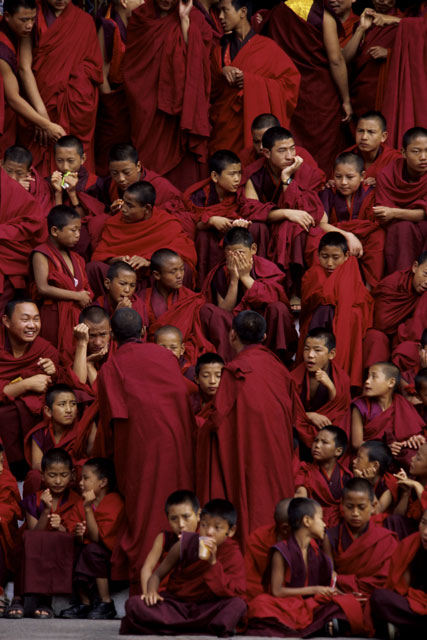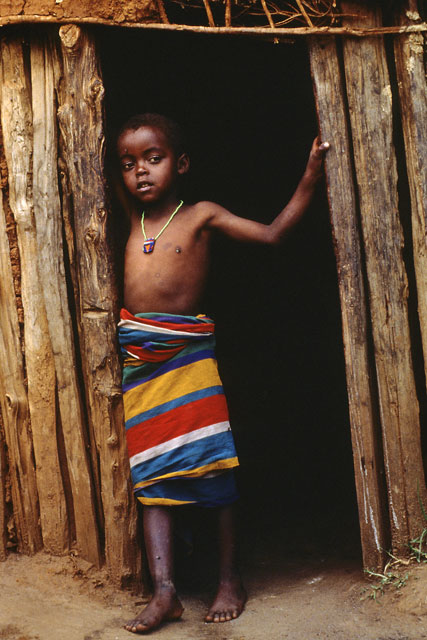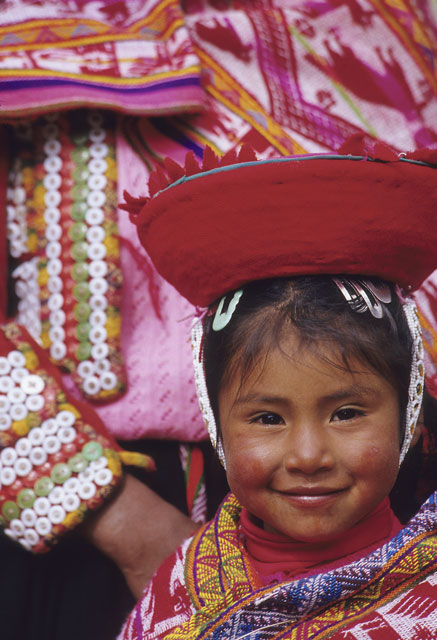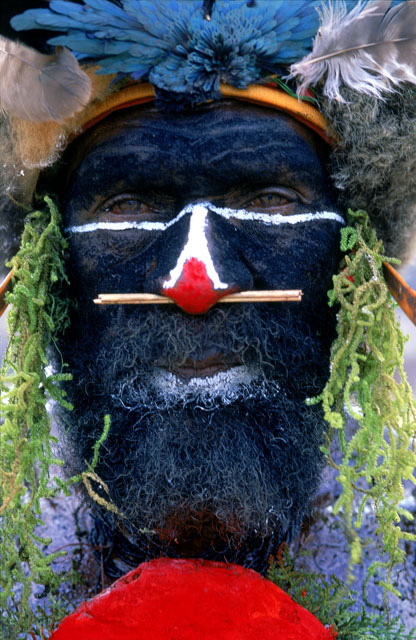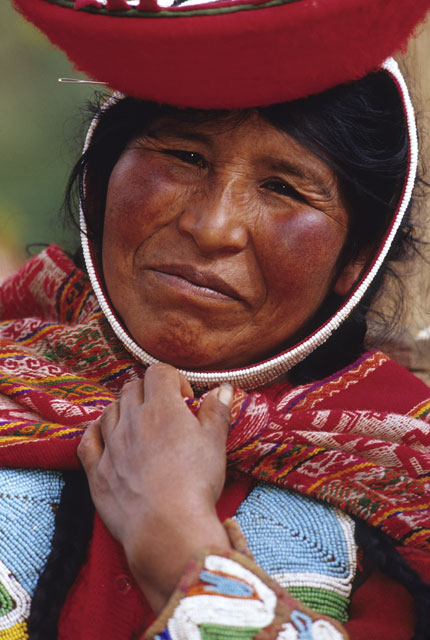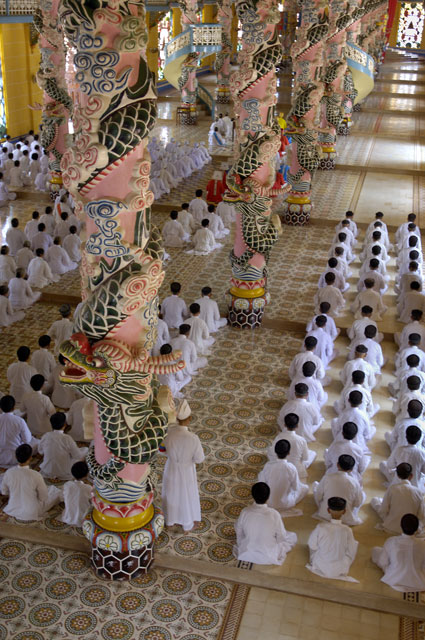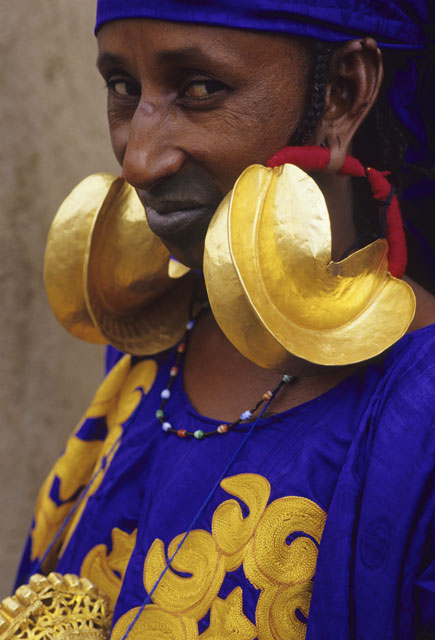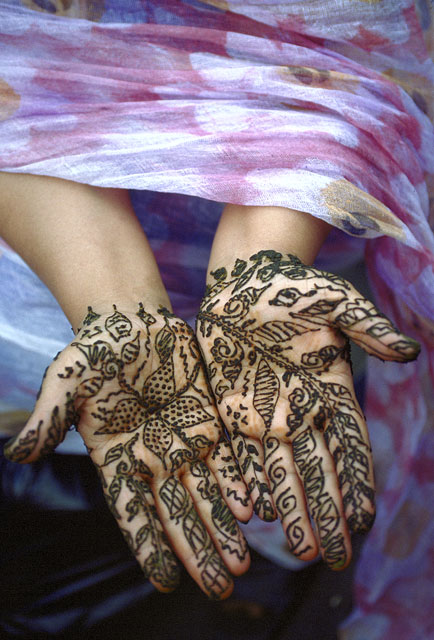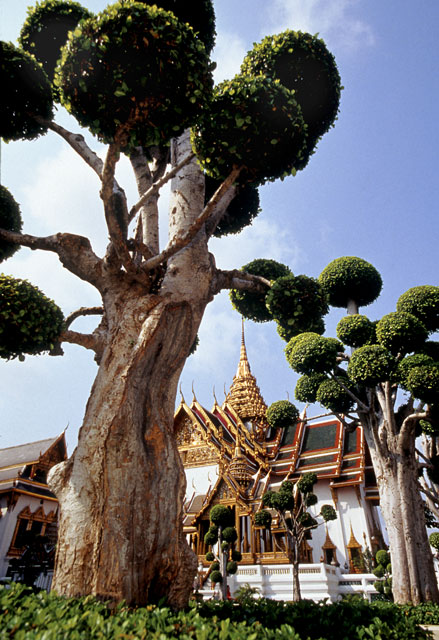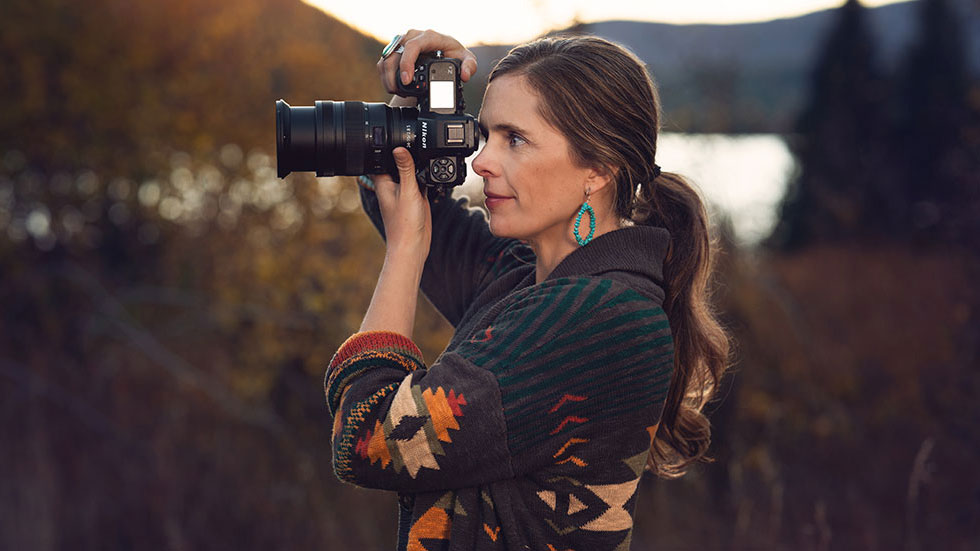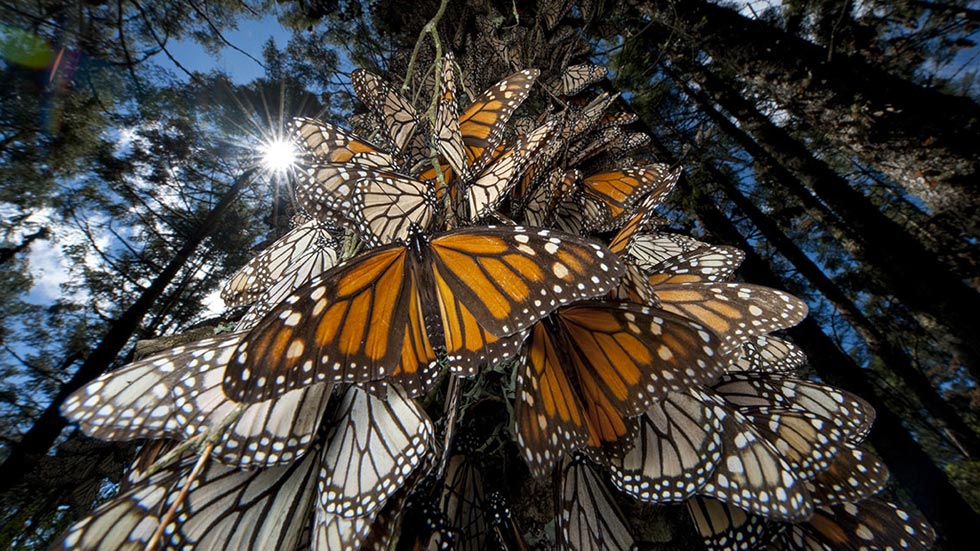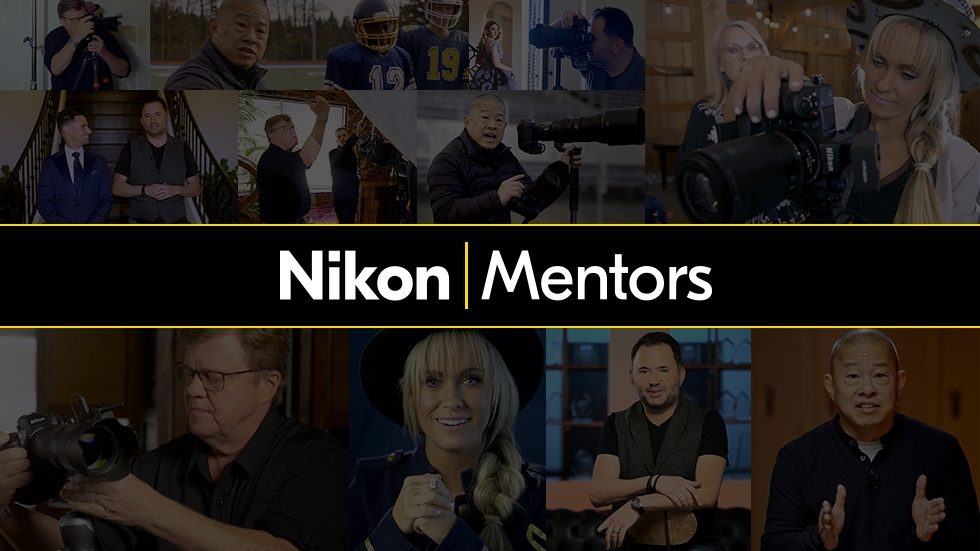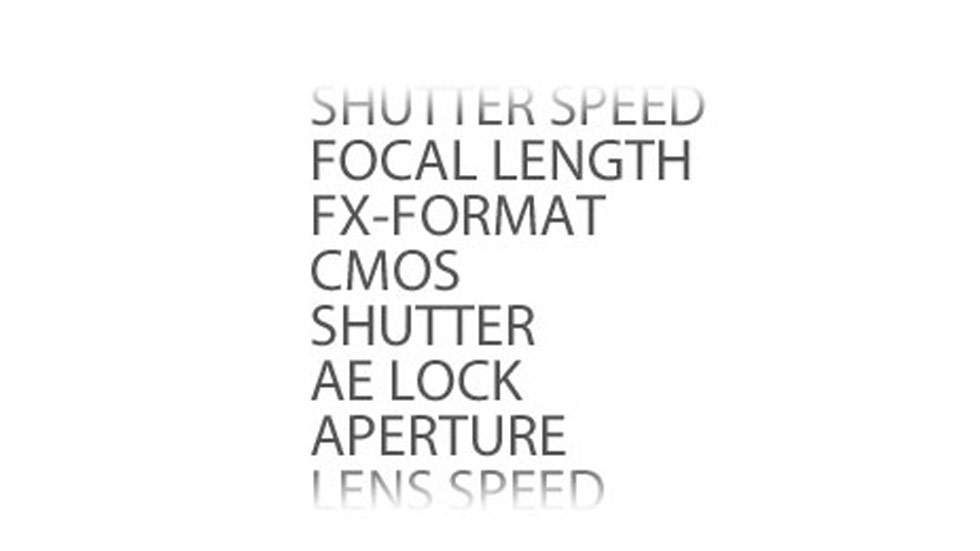Lessons from a Travel Photographer
Rosanne Pennella is a Nikon Legend Behind the Lens.
Professional photographers will tell you that to succeed as a pro takes more than skill as a photographer. It takes dedication, planning, even a little luck. For Rosanne Pennella, add self-confidence and a savvy understanding of the role promotion plays in the process.
"There are many excellent photographers who cannot make a name for themselves because they cannot figure out how to market themselves," Rosanne says. "In the same way a photographer can make things happen with an image—creating a background, choosing a subject, interacting with that subject—you can create development in your career by projecting that same sense of mastery and competence."
Eleven years ago Rosanne was a practicing attorney. She had clerked for a federal judge and had worked in top litigation firms. But she wasn't happy. "I was in the wrong career," she says. What she really loved to do was travel, and when she put that love together with her aptitude for photography, she came up with a plan. Believing that you can create your own destiny, she gave herself five years to pursue a career as a professional photographer. If it didn't work out, it was back to court, or time to take a step in another direction entirely.
We wouldn't be writing this if it hadn't worked out. In fact, her career so far has exceeded her expectations and initial hopes. She's seen her images published in national magazines, she's taken on commercial projects as well as assignments for various tourist boards, and she has become a photography teacher in classrooms and on international photo treks and tours.
Mastery of the craft is what made everything possible. "That's what I tell students," Rosanne says. "When they say they want to be pros and ask me what to do, I say the first thing is to be as good a photographer as you can possibly be. Master it; don't settle for less than excellent." The reason is simple: The first person who has to be convinced of your ability is you. "When it comes time to market yourself," Rosanne says, "you're going to be up against a lot of other talented shooters, and if you want others to believe in your abilities, you have to believe in them first. Part of what makes me successful is that I waited until I thought I was good enough to make it work." And when she started out, she went right for the top when it came to clients and magazines. "I never thought, okay, I'm good enough for some local publications."
One of Rosanne's favorite quotations is from the great photographer Dorothea Lange: "The camera is an instrument that teaches people how to see without a camera." One of the things that Rosanne sees is what's not working in the scene she wants to photograph. "The early mistake we all make," she says, "is being so concerned with what works in the scene, and initially I'm drawn to what looks great, what would make a good photograph, but then I deliberately look for what's not going to work." She has a checklist, and it includes paying attention to edges and to backgrounds. "I taught myself to look for and see distracting elements and then to work to eliminate them—to recompose, change my angle or my lens or sometimes just wait them out."
It's not her nature to miss the details, certainly not to ignore them. "I'm really detail-oriented," she says. "I had to be in order to be an attorney, and now so much of my work is about detail." Especially so for commercial work, where she asks herself, are the pictures on the wall straight? Is the lamp straight? Is the light on the left the same color temperature as the light on the right?
The telling detail is a signature of Rosanne's images, as is her preference for the intimate portrait. In her lectures on travel photography she recommends that however close you are to a person, halve the distance. "When you get closer you establish a level of intimacy, a connection to the person," she has said. "If you're in a market and you're shooting across the distance with a telephoto, you don't have that connection; there's no eye contact and you lose the experience of being with people."
That experience is so important that she suggests not bringing the camera out right away. "I think it's a mistake people often make—to start too fast," she has said. "You don't have to wait all day, but you should achieve some level of interaction with people, just to show that you have some concern for them and are not there just to shoot and run. If I'm going into a village and I'm going to be there a while, I don't start shooting right away. I want to be accepted first, to wait for a natural opening to take a picture, rather than just show up like I'm from planet Tripod...."
When the natural opening comes, Rosanne says that mastery of the equipment is vital. "Know what you want to do and how to accomplish it so you come across with a calm but commanding presence. If you're frazzled and not working efficiently, you won't be able to make a connection with people."
Rosanne teaches photography at The New School in New York, regularly takes part in American Photo magazine's Mentor Series photo treks and works with a photo tour company. She's found that teaching has made her a better photographer. "When you're teaching something you have to master it. You can't explain something unless you really know it, and that's pushed my photography to another level. I'm constantly forced to see my work not just through my eyes but in the way a student looking at my portfolio will see it. I think about how I'm manifesting what I'm preaching. Am I really making a portrait that expresses what I say about making a portrait? Am I making pictures that live up to what I'm advising others to do?"
Of course, as an attorney, Rosanne recognizes those as leading questions.
 |
Rosanne Pennella has been an NPS member since 2005. |

